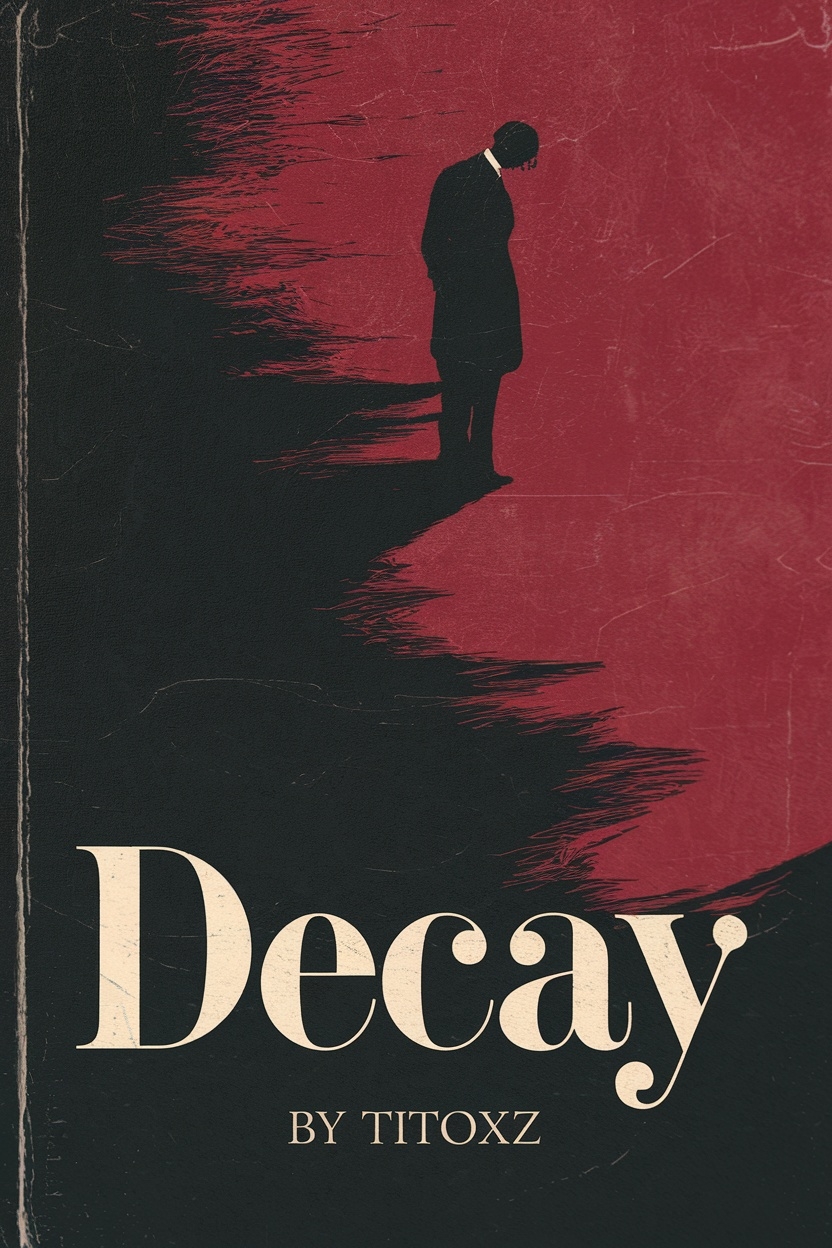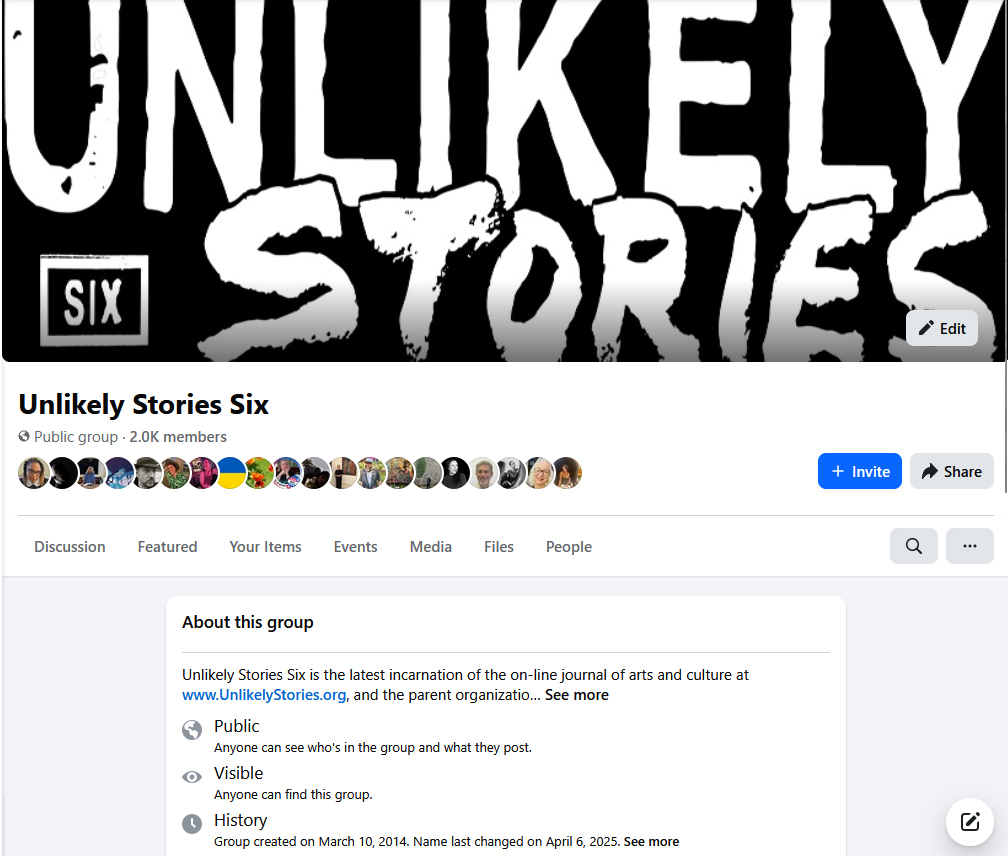by Titoxz

In my earliest memories, the world is unnervingly quiet. It isn’t the restful quiet of a dawn meadow or a gently sleeping neighborhood; it’s a silence with tension wound throughout, as if the entire landscape were holding its breath in anticipation of an unseen catastrophe. Even at the tender age of five or six, I sensed a conflict buried in daily life—a muteness that strained against a thousand unspoken pressures. Later, through books and debate, through triumphs and failures, I would name that conflict as a grinding, existential tension—a mismatch between human longing and the social machine that devoured it.
My name is Victor Mercer, and if I have grown into a misanthrope, the seeds were planted early. My life’s course—my separation from most people, my extinguished hopes, the accumulation of final betrayals—seems almost preordained by the place where I first drew breath: a failing industrial town, set under an ever-dimming sky. The factories on its outskirts once promised a semblance of security; now they spit trails of gray smoke into an atmosphere turned half-permanent twilight. On the sagging rooftops, rusted weather vanes squeak miserably in the wind, providing a faint soundtrack of mechanical despair.
My father worked at one of those aging plants. Those in charge made sure the supervisors kept their men exhausted, with the looming threat of layoffs or pay cuts driving everyone’s every move. He rarely spoke of ambition, taught me no illusions about chasing dreams. His advice was always the same: “Keep your head down. Don’t give them a reason to replace you.” My mother, on the other hand, clung stubbornly to the idea that words themselves could reshape destinies—she was a high school literature teacher who believed passionately that students could be coaxed out of despair by a single poem. At home, her optimism glowed like a small lamp, revealing how thoroughly she believed in the redemptive power of Dickensian arcs and stories of moral turnaround. But outside, in the seeping gloom of our exhausted town, her ideals were overwhelmed by the reality: budget cuts, standardized tests, indifferent teens. Each year, her energy waned, a candle guttering under the daily grind.
Perhaps I hated that hometown not for its poverty but for its resignation. The men and women who trudged to work each day seemed paralyzed by abstract forces they claimed were beyond our control. Rumors of corporate downsizing and shattered pension plans haunted every conversation. Nobody seemed to question it or fight back; they just nodded with concluding shrugs and uttered, “That’s life.” Even as a boy, I rebelled against that attitude. I didn’t know what could replace it, but I knew that there must be some alternative to half-living in perpetual dread.
I read voraciously in my youth, devouring accidentally acquired volumes on philosophy and classic fiction. At eleven, I made an ill-fated yet enthralling attempt to read Dostoevsky’s “Crime and Punishment.” Though the language far exceeded my capacity, I felt an immediate kinship with the narrative’s moral anguish. Guilt, doubt, the swirling fear that all might be lost—these elements became the motifs of my mental life, a daily background hum.
That was also the era when I crossed paths with the one person who mattered to me then: Igor Kuznetsov. He lived four blocks over, in a neighborhood just as beaten by poverty. His father, once employed in a managerial position, had crashed down the social ladder and found work driving deliveries; his mother was chronically ill, and government assistance scarcely covered the basics. Our families were parallel, both of us perched on the edge of the same void.
We first spoke in our school library. He was hunched over a battered history textbook, scribbling commentary in the margins with a precision that intrigued me enough to break my usual reserve. I approached him clumsily, complaining about how pointless I found our social-studies class. His eyes flicked up with a hint of amusement, then he gave a wry laugh. “We’re the last ones who believe there’s something more waiting for us beyond these run-down streets, aren’t we?” That single line established our fragile bond on the spot, as though the library air recognized we were two minds dissatisfied with our lot and with the narrowness of everyone else’s lives.
We forged a private alliance—unspoken, unformalized, yet strong. We recognized that we shared a dogged refusal to accept the suffocating constraints of our environment. We haunted the library after school, flipping through philosophy, economics, and psychology, eager to see if other thinkers had noticed the same rot we perceived. Igor latched on to pamphlets about financial independence and self-made successes, certain that if we studied the rules, we could upend them. I dove more into Plato and Shakespeare, enthralled by moral complexities. “Ideas shape our existence,” I challenged him. “We could get rich, sure, but what’s the point if we stay trapped in the same illusions?”
High school only intensified our synergy. We swapped books, stayed late to watch obscure documentaries, debated fiercely until the janitors kicked us out. When college applications came around, we devoured scholarship listings late into the night. Igor planned to use business savvy to ascend out of the gloom, while I aimed to dissect society’s illusions from the inside. By senior year, we had each won partial scholarships to the same state university: I would major in philosophy and critical theory; he gravitated toward economics and business. We parted our old neighborhoods with a sense of triumph, battered suitcases in hand, carrying the tired well-wishes of parents who hoped we might conquer the world where they had failed.





Add comment